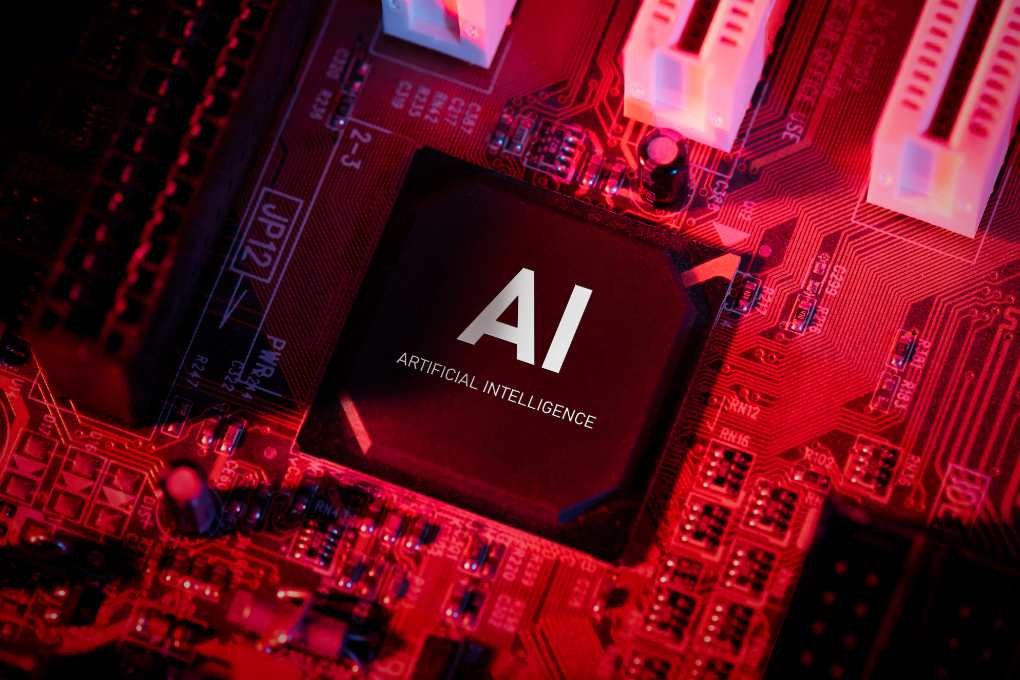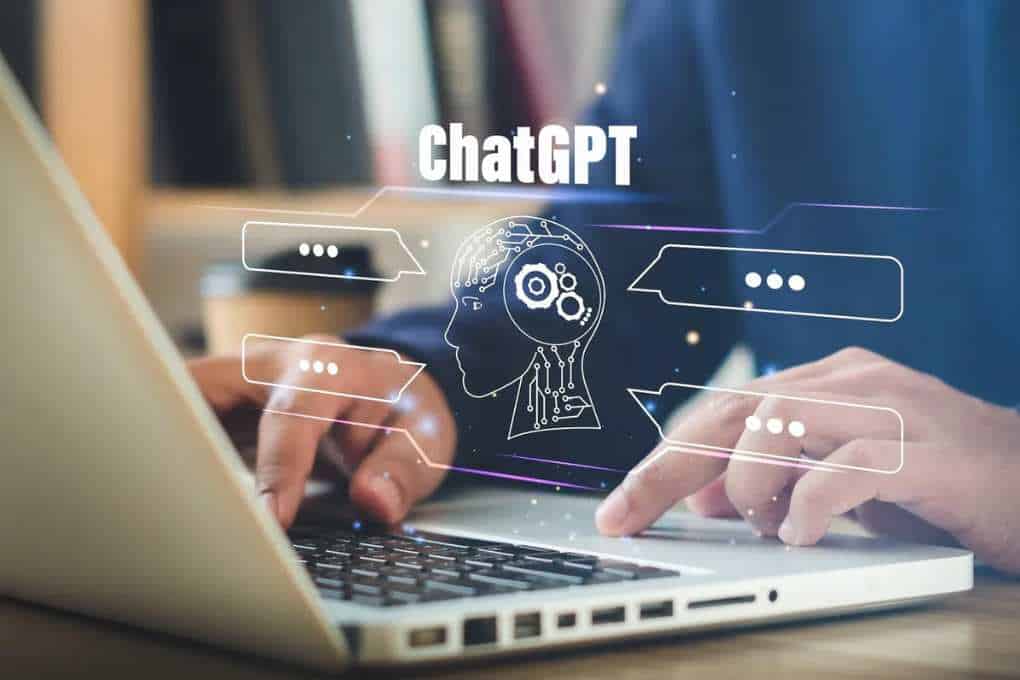ChatGPT’s launch in November 2022 marks a watershed moment for artificial intelligence (AI), revolutionizing public understanding and adoption of this emerging technology. Soon after launching, ChatGPT became one of the fastest adopted services globally, reaching one million users within just five days—reflecting an incredible surge in public curiosity regarding these emerging technologies, moving perception from doubtful skepticism towards fascination.
Redefining AI Solutions
Before ChatGPT, AI was often associated with complex algorithms and backend processes that most users did not fully comprehend or engage with. Individuals interacted with it indirectly through search engines, recommendation systems, or voice assistants without understanding its underlying technology. ChatGPT’s user-friendly interface and conversational capabilities have democratized AI access; people now engage directly and intuitively with it, allowing a deeper understanding of what AI can accomplish, from text generation to answering questions and supporting creative processes.

The Duality of Perception
Public perception regarding ChatGPT has been divided along two distinct lines, reflecting two camps’ differing approaches to AI: those who see AI as a potential threat vs. those who view it as an opportunity for advancement. Critics contend that artificial intelligence could result in job losses, ethical conflicts, or existential risks; some critics consider such tools like ChatGPT potentially spreading misinformation or invading privacy, but others embrace AI technology as a powerful innovation and efficiency tool. Proponents highlight its ability to improve productivity across numerous sectors, from education to healthcare, by automating repetitive tasks or providing personalized assistance vs. their counterparts vs. others.
Impact on Education and Workplaces
ChatGPT has generated lively discussions within educational settings regarding its place in learning and teaching methodologies. A study with university students revealed an optimistic attitude toward generative AI technologies used for higher education; students recognized potential benefits like ChatGPT for personalized learning support, brainstorming ideas, and conducting research, as well as concerns related to academic integrity and personal development issues—evidence that illustrates how ChatGPT not only changed perceptions but also generated critical discussions around its ethical use within academia.

Developers in the workplace have reported increased productivity and job satisfaction since adopting ChatGPT into their workflows. According to one survey, 73% of software developers believed using ChatGPT improved their efficiency by reducing repetitive tasks. This positive reception underscores a shift in how professionals view AI as not solely an automated replacement for human effort but as an auxiliary resource that enhances capabilities.
Implications for Society at Large
ChatGPT’s legacy goes well beyond individual interactions; it has fostered a wider societal shift toward acknowledging AI as part of everyday life. As businesses across industries begin incorporating AI technology into their operations, an awareness arises that all organizations must adapt quickly to this emerging technological environment. While AI tools may increase productivity, their rapid incorporation raises questions regarding job security and workforce dynamics.

ChatGPT’s impact has led tech companies to review their strategies regarding AI development. Major players like Google have increased their efforts in response to public enthusiasm for generative AI technologies, signaling an impending future where AI will play an integral part in shaping business models and consumer experiences.
ChatGPT has had an immense effect on public perception of artificial intelligence by changing public attitudes from skepticism into curiosity and engagement, opening discussions on potential benefits and challenges associated with AI technologies while emphasizing their responsible implementation. As society navigates the complexities associated with integrating AI into everyday life, ChatGPT may serve as a basis for future advancements within this rapidly developing field; ongoing dialogue around ethics, job implications, and transformative potential will define our understanding and use of technology moving forward.

